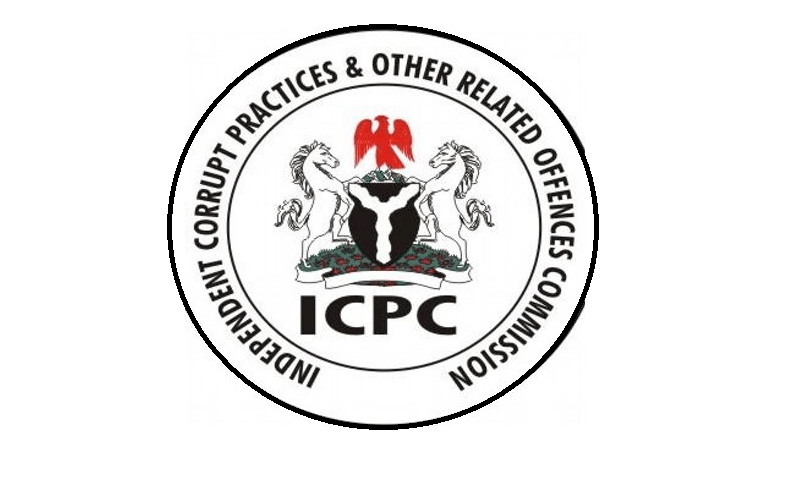ICPC vows to clamp down on tax evaders
The Independent Corrupt Practices and Other Related Offences Commission (ICPC), on Friday, vowed to go after Nigerians, particularly highly-placed people, evading taxes. This is just as the Federal Government said it projected to generate at least N1.9trn in taxes from those who had been evading it for years. The anti-graft agency stated that it had […]

The Independent Corrupt Practices and other Related Offences Commission (ICPC)
The Independent Corrupt Practices and Other Related Offences Commission (ICPC), on Friday, vowed to go after Nigerians, particularly highly-placed people, evading taxes.
This is just as the Federal Government said it projected to generate at least N1.9trn in taxes from those who had been evading it for years.
The anti-graft agency stated that it had devised means of liaising with the Federal Inland Revenue Services (FIRS) to tackle tax evasion particularly in the revenue generation sector.
Musa Aliyu, the chairman of the ICPC, stated this at the commission’s headquarters in Abuja, when he received the Chairman of the FIRS, Zach Adedeji on a ‘collaboration visit’.
- Kano gov’t gives Pillars 3-game ultimatum to regain form
- We’ll soon disclose our stance on state police – IG
Aliyu, a Senior Advocate of Nigeria, lamented that corruption had eroded the fabric of society and hindered economic development in the country.
“By partnering with FIRS, we can more effectively investigate and prosecute cases of corruption involving tax evasion and other financial crimes,” he said.
Aliyu emphasised the importance of strategic partnership in the fight against corruption, adding that the commission would assist the agency to tackle cases of tax evasion and financial crime in the revenue generating sector of the country.
On his part, the Chairman of FIRS, Adedeji said, “Tax evasion deprives the government of much-needed revenue that could be used for public services. Through this partnership, we aim to ensure that everyone pays their fair share of taxes.”
He disclosed that the two agencies would establish a joint task force to coordinate their efforts and share information on cases of mutual interest.
“They will also conduct joint training programmes to enhance the skills of their staff in investigating financial crimes and detecting tax evasion,” Adedeji added.
